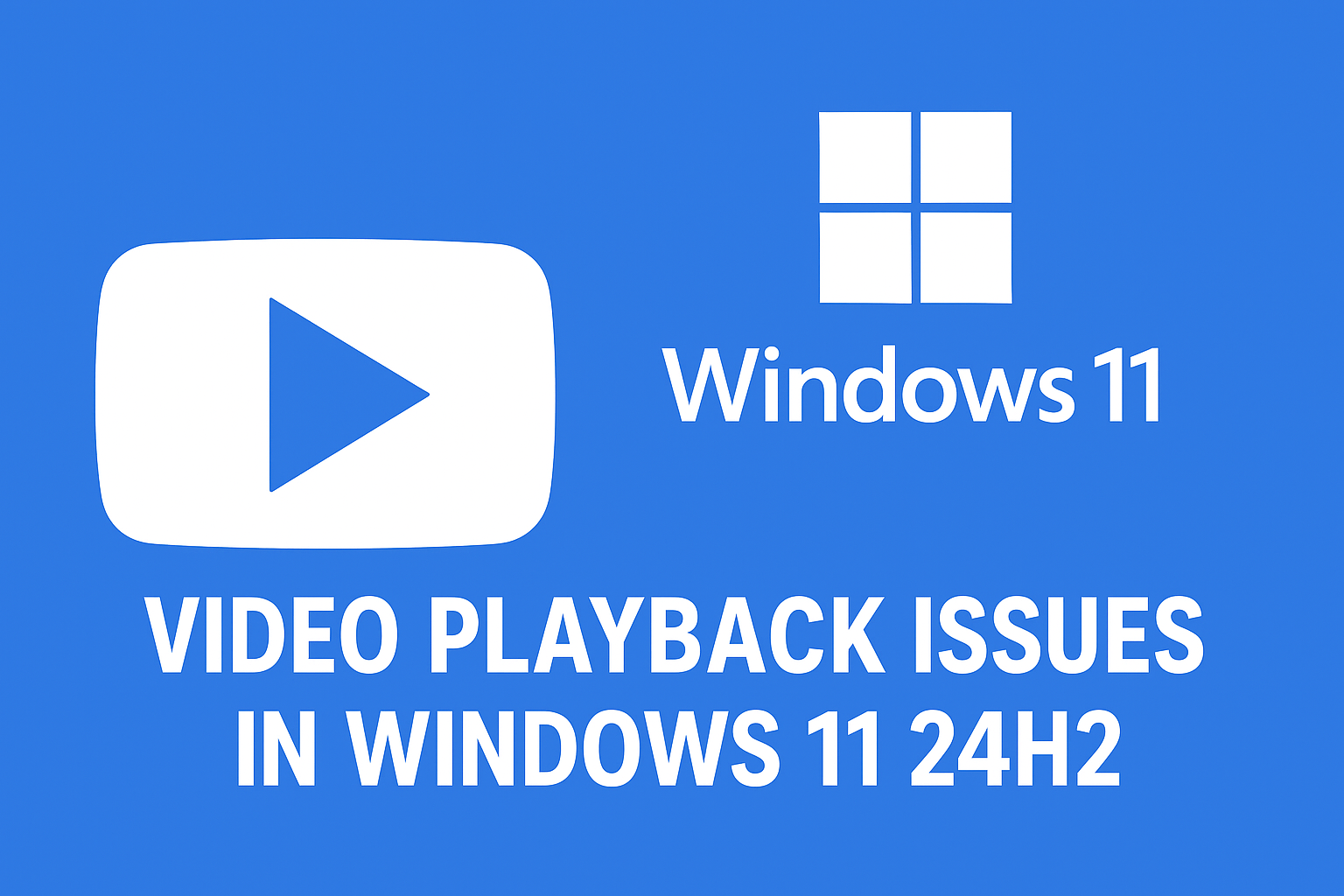
Is SEO Obsolete? Google Seems to Think So
The Deep Impact of AI-Powered Search on SEO: Atrategic Guide for Content Creators & Marketers
The rapid advancement of AI-powered search algorithms—from Google’s BERT and MUM to SGE (Search Generative Experience) and AI-driven engines like Perplexity and ChatGPT-enhanced Bing—has fundamentally disrupted traditional SEO. No longer can marketers rely on keyword density, backlink spam, or thin content to rank. Instead, contextual understanding, user intent, and content depth now dictate success.
This deep dive explores:
- How AI is reshaping search behavior and rankings
- Case studies of winners and losers in the AI-driven SERPs
- Actionable, expert-backed strategies for future-proofing SEO
1. How AI Search Algorithms Are Rewriting SEO Rules
A. From Keywords to Context: NLP & Semantic Search Dominate
AI models like Google’s BERT (2019) and MUM (2021) analyze entire sentences, not just keywords, understanding:
- User intent (informational, navigational, commercial, transactional)
- Semantic relationships (synonyms, related concepts)
- Conversational queries (long-tail, voice search)
Example:
- Old SEO: Optimize for “best running shoes”
- AI-Driven SEO: Answer “What are the best cushioned running shoes for marathon training?”
Data Point:
- After BERT’s rollout, 10% of all search queries saw ranking shifts favoring natural language matches (Google, 2019).
B. AI Overviews & Zero-Click Search: The CTR Threat
Google’s SGE (Search Generative Experience) provides AI-generated summaries, pulling data from multiple sources and reducing click-through rates (CTRs).
Impact:
- Informational queries (e.g., “How to fix a leaky faucet”) may see 30-50% fewer clicks as users get instant answers.
- Commercial queries (e.g., “best budget laptops”) still drive traffic but require richer content to compete with AI summaries.
Case Study:
- A tech blog saw 40% fewer clicks on “how-to” guides after SGE tests but regained traffic by adding video tutorials and interactive tools that AI couldn’t replicate.
C. The Rise of Answer Engines (Perplexity, ChatGPT, Bing AI)
New AI search tools aggregate and synthesize answers, bypassing traditional websites.
Implications:
- Content must be cited by AI to survive.
- Original research, expert opinions, and unique data are prioritized.
2. Winners & Losers in the AI Search Era: Case Studies
Winner: Healthline’s EEAT Dominance
- Strategy: Published doctor-reviewed content with author bios, citations, and structured FAQs.
- Result: +35% organic traffic post-Google’s Helpful Content Update (2022), while AI-generated health sites lost rankings.
Loser: Generic Affiliate Sites
- Why They Failed: Thin content, repetitive AI-generated product reviews, lack of EEAT signals.
- Result: 50-70% traffic drops after Google’s 2023 core updates.
Winner: Reddit’s Surge in AI-Powered SERPs
- Why It Works: Authentic user discussions (e.g., “real experiences with X product”) are now favored by AI for raw insights.
- Data Point: Reddit’s organic search traffic grew 40% YoY (2023), with Google prioritizing forum-style answers.
3. Actionable Strategies for AI-Proof SEO
**A. *Master Semantic & Topic Clustering*
- Use tools like Clearscope, Frase, or MarketMuse to identify related subtopics.
- Example: For “sustainable fashion”, cover:
- Ethical brands
- Carbon footprint of fabrics
- How to build a capsule wardrobe
**B. *Win the “Citable Content” Game*
AI and SGE pull from authoritative sources. To be cited:
- Publish original research (surveys, case studies).
- Interview industry experts (quotes add credibility).
- Use data visualizations (charts, graphs that AI can’t replicate).
Case Study:
- A marketing agency’s original study on TikTok ad trends was cited in 3 AI overviews, driving 20% more referral traffic.
**C. *Optimize for Conversational & Voice Search*
- Target question-based queries (e.g., “Can you freeze almond milk?”).
- Use natural language (avoid robotic SEO phrasing).
- Structured data (Schema markup) helps AI understand context.
**D. *Double Down on EEAT*
- Showcase author expertise (LinkedIn, credentials).
- Cite academic/journalistic sources.
- Encourage user-generated content (reviews, forums).
**E. *Repurpose Content for AI & Humans*
- Turn blog posts into:
- YouTube videos (AI can’t show full videos in snippets).
- Interactive tools (e.g., calculators, quizzes).
- Podcast discussions (voice search optimization).
4. The Future: Where AI Search is Heading
Prediction 1: Personalization Will Dominate
- AI will tailor results based on user history, location, and preferences.
- Solution: Build hyper-relevant content (e.g., “best running shoes for overpronators in humid climates”).
Prediction 2: Multi-Modal Search (Text + Image + Voice) Grows
- Google’s MUM processes text, images, and video together.
- Solution: Optimize alt text, video transcripts, and voice search queries.
Prediction 3: AI Will Reward “Deep Content” Over “Quick Answers”
- Short, generic content will die.
- Long-form, well-researched guides will thrive.
Final Takeaway: Adapt or Get Left Behind
SEO is not dead—it’s evolving. The winners will be those who:
✅ Prioritize EEAT (Expertise, Authority, Trust)
✅ Create content so good that AI must cite it
✅ Optimize for semantic search, not just keywords
✅ Diversify into video, interactive tools, and original research
As Aleyda Solis (International SEO Consultant) puts it:
“The future of SEO belongs to those who stop optimizing for bots and start creating for humans—because AI is getting better at detecting the difference.”





















Post Comment